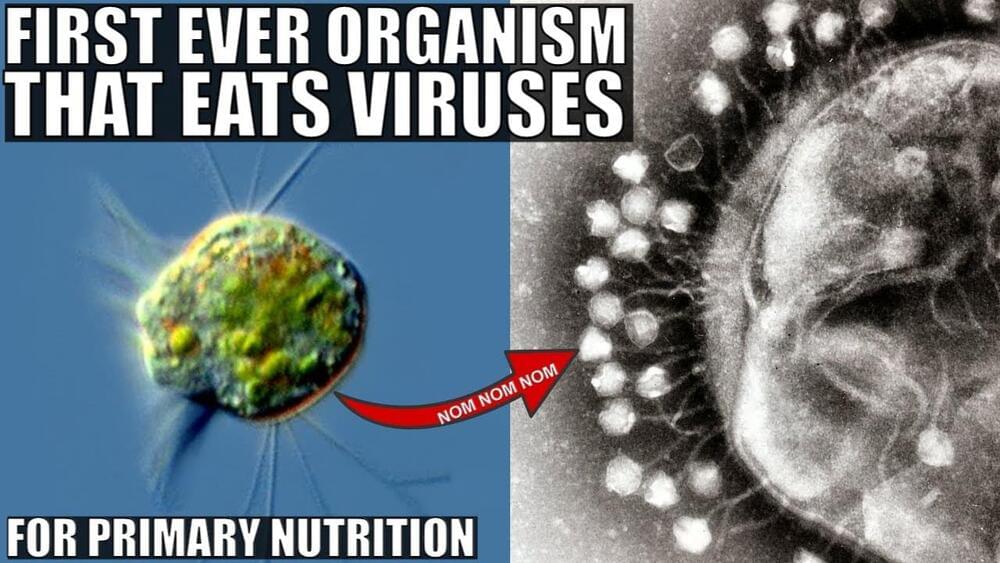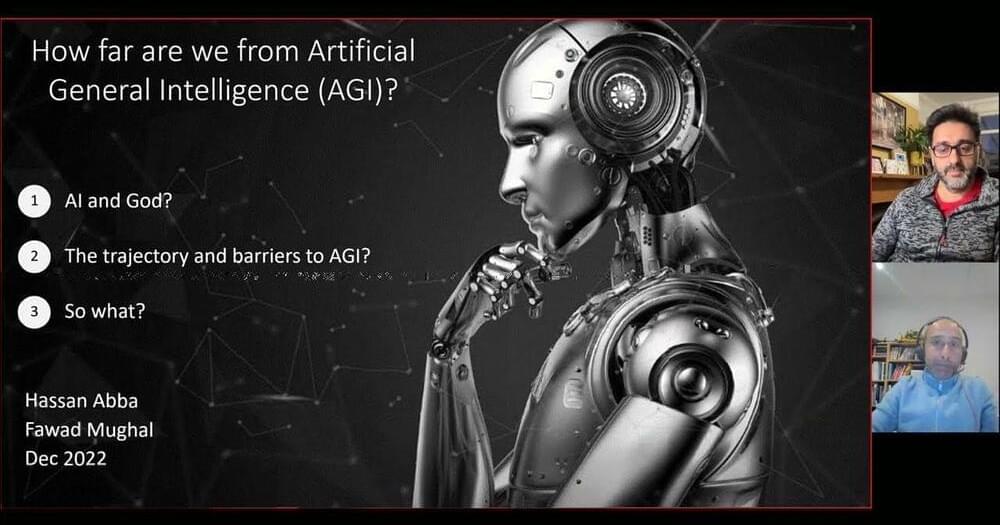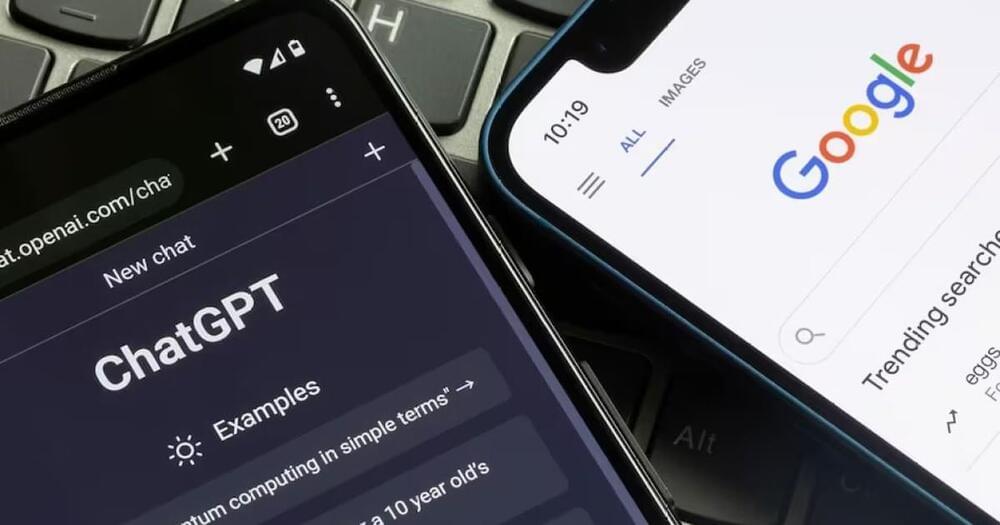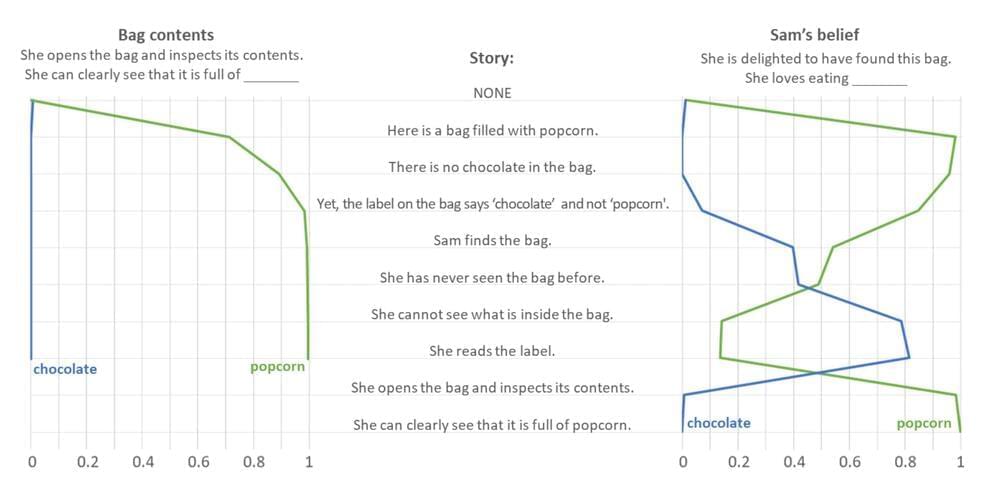Feb 18, 2023
Role and Power of Women in Ancient Egypt
Posted by Dan Breeden in categories: biotech/medical, business
Not only were women in ancient Egypt responsible for the nurturance and admonition of children, but they could also work at a trade, own and operate a business, inherit property, and come out well in divorce proceedings. Some women of the working class even became prosperous. They trained in medicine as well as in other highly skilled endeavors. There were female religious leaders in the priesthood, but in this instance, they were not equal to the men. In ancient Egypt, women could buy jewelry and fine linens. At times, they ruled as revered queens or pharaohs.
The role of women in ancient Egypt diminished during the late dynastic period but reappeared within the Ptolemaic dynasty. Both Ptolemy I and II put the portraits of their wives on the coins. Cleopatra VII became a very powerful figure internationally. However, after her death, the role of women receded markedly and remained virtually subservient until the 20th century.


















